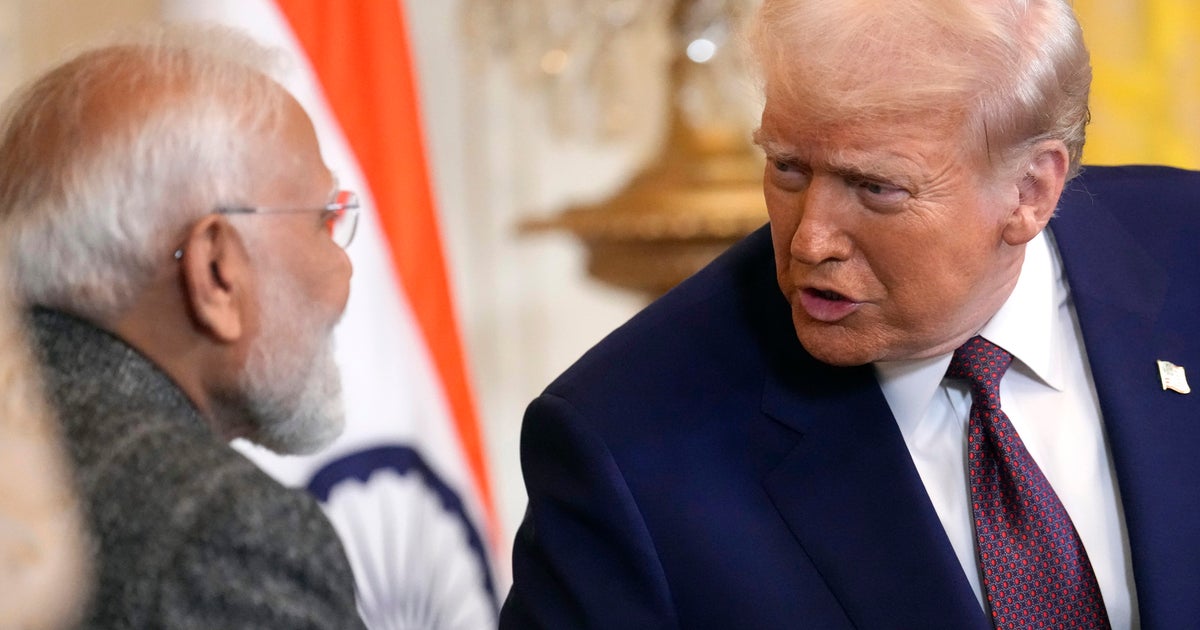The United States is poised to implement a significant shift in its trade policy, with former President Donald Trump announcing a substantial 25% tariff on goods originating from India, alongside additional penalties for their trade practices with certain partners.
This aggressive move, set to commence imminently, is part of a broader set of executive actions designed to reshape global commerce and elevate American economic interests, signaling a new chapter in international trade relations.
Beyond India, Trump’s trade agenda includes a flurry of adjustments, such as executive actions regarding Brazil, regulations on copper, new rules for shipments valued under $800, and a reduced 15% import tax on goods from South Korea, notably its burgeoning auto industry, highlighting complex bilateral agreements.
Despite acknowledging India as a friendly nation, Trump asserted that its existing tariffs on U.S. products were “far too high,” justifying the new import taxes as a necessary measure to balance trade deficits and encourage fairer economic exchanges, though concerns about inflationary pressures persist.
Amidst these announcements, ongoing trade negotiations between New Delhi and Washington remain active, with India’s Trade Ministry reaffirming its commitment to concluding a “fair, balanced, and mutually beneficial” bilateral trade agreement, even as the new tariffs threaten to complicate these sensitive discussions.
Further extending his reach, Trump also signed separate orders targeting Brazil’s judicial system and its treatment of U.S. social media companies, in addition to an order aimed at closing a tariff loophole on goods priced under $800, a move largely impacting imports from a prominent Asian trading partner.
The agreement with South Korea, a notable departure from initial threats of a higher tariff, will instead impose a 15% tariff, coupled with pledges for South Korea to purchase substantial U.S. energy resources and provide significant investments, illustrating the nuanced nature of modern international economic diplomacy.
Trump’s overall strategy views increased tariff revenues as a crucial mechanism to offset rising budget deficits tied to his recent fiscal policies and to stimulate domestic factory job creation, repositioning trade as a powerful economic lever in global affairs.
However, the economic impact of these new global tariffs remains uncertain, with many economists forecasting a potential slowdown in U.S. growth and an increase in inflationary pressures as the costs of these new import taxes are inevitably passed on to domestic businesses and consumers, posing challenges to India-US relations and its ambitious bilateral trade goals.





Leave a Reply